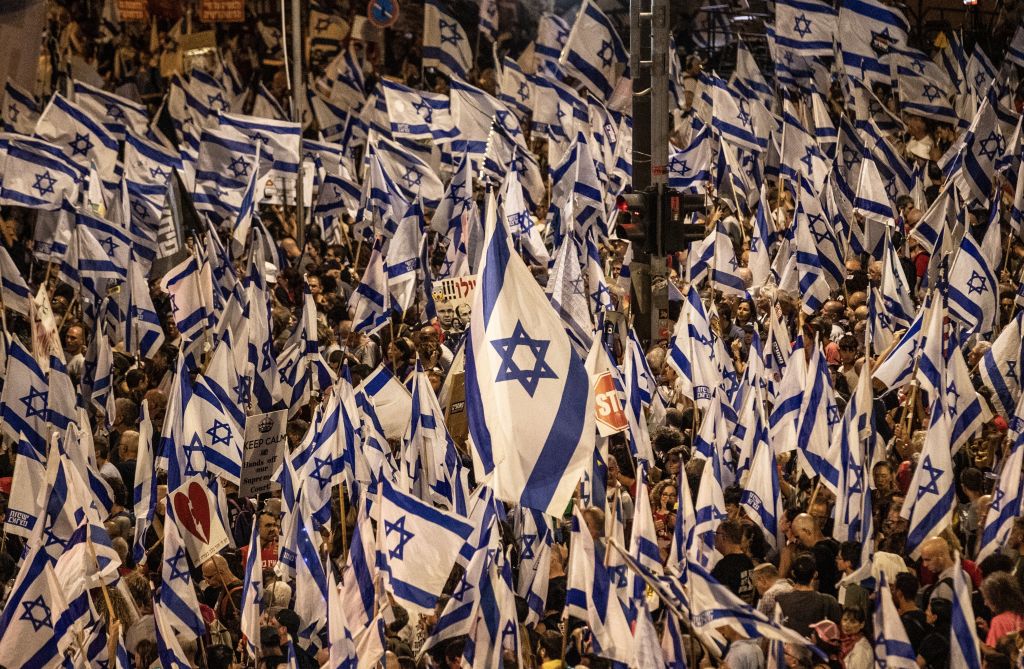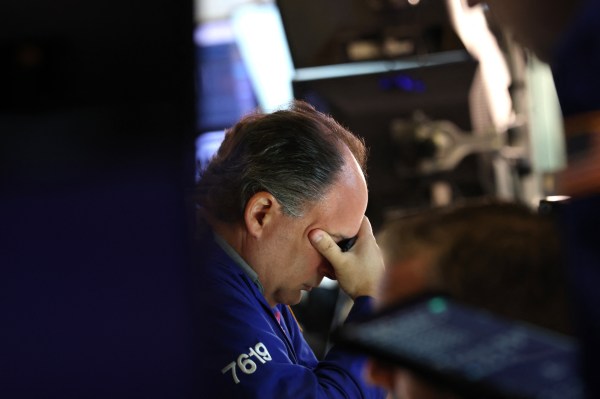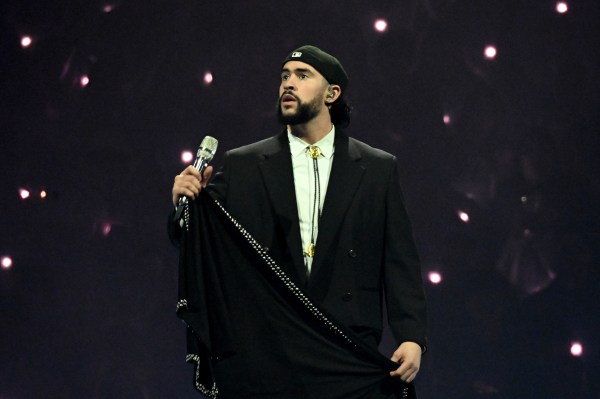TEL AVIV, Israel—For months, crowds of Israeli protesters—sometimes numbering in the hundreds of thousands—have hit the streets to oppose a judicial reform package brought forth in January by Prime Minister Benjamin Netanyahu’s coalition, which includes religious conservative and ultranationalist blocs.
Critics argue the proposal would gut the Supreme Court’s power, effectively creating a majority-rules system in which the sitting government can implement its political will unchecked. Supporters of the reform say the current set-up empowers a small panel of unelected justices, who tend to be left-leaning, at the expense of Israeli voters.
At its core, the controversy raises foundational questions about the course of Israel’s future and who gets to determine it. But the debate is increasingly falling along religious lines: Israel’s growing ultra-Orthodox population has largely supported its judicial reforms, while opposition has largely been concentrated among Israel’s secular-leaning city-dwellers, like here in Tel Aviv.
These questions were front-and-center at a 13-hour high court hearing in Jerusalem last week, as justices mulled the fate of the only measure included in the broader reform package to be passed by Israel’s parliament, the Knesset. The law in question stripped the court of its ability to reverse decisions by government officials, such as high-level government appointments, on the basis that they are “unreasonable.” It was passed by Netanyahu’s coalition in May as an amendment to one of Israel’s Basic Laws, the set of guiding laws used by the court to check governmental power in the absence of a written constitution.
The case—the first real test of how the Supreme Court will respond to legislative efforts to rein in its power—raises two key legal questions: Does the court have the authority to invalidate a Basic Law and if so, is this specific policy so threatening to Israeli democracy that it warrants such an intervention? The justices have four months to decide, which could reshape how Israelis think about checks and balances in their young democracy.
Representatives of the government argued that the Supreme Court undoing an amendment to a Basic Law would be tantamount to giving itself unchecked power, given that the quasi-constitutional laws provide the guidelines with which courts determine the legality of other policies. They further contended that such a power grab would come at the expense of Israeli citizens, who transfer their authority to the Knesset at the ballot box.
“Throughout history, those counting on oligarchic elites to preserve their rights have found they mostly preserve their own rights,” Simcha Rothman, chairman of the Knesset’s Constitution, Law, and Justice Committee, said during the hearing.
“If the judicial reform were a ‘coup’ as its critics say, then the court has succeeded in a counter-coup,” Eugene Kontorovich of the Kohelet Policy Forum, the right-wing think tank championing the reforms, tells The Dispatch. “Once the Supreme Court says that it’s above even Basic Laws, that makes its power absolutely untouchable.”
On the other hand, advocates of safeguarding the court’s review power say barring the court from weighing in on Basic Laws would essentially create a majoritarian system. The laws and their amendments have special standing but no special procedure, meaning that they can be passed by a simple majority of lawmakers. Drawing on hypothetical worst-case scenarios, several opponents of hollowing out the court’s authority asked the question: What happens if the Knesset pushes through a Basic Law that’s blatantly anti-democratic?
Without a written constitution, Israel throughout its history has faced its fair share of tricky legal questions like the ones raised last week. But underpinning the legal disputes are core questions about outcome, and who wields the power in Israeli society.
In the past, the Supreme Court has challenged or criticized policies pushed by religious political parties in the Knesset. Limiting the court’s power, secular Israelis worry, could allow the current ruling coalition to pass laws they view as discriminatory, including enforcing gender segregation in public spaces and giving ultra-Orthodox Israelis greater control over who and how people can worship at Jewish holy sites.
Another major point of contention, military service exemptions for ultra-Orthodox men studying the Torah, has divided Israelis for years. Most Israeli citizens are required to complete a stint in the army, but the ultra-Orthodox are largely excused from service on religious grounds. The ruling coalition has proposed a Basic Law to enshrine that exemption, which in theory would prevent the Supreme Court from striking down a bill to allow ultra-Orthodox men to completely avoid military service.
It’s no wonder, then, that support for limiting the court’s power has been largely divided along religious lines, according to a recent study by the Viterbi Family Center for Public Opinion and Policy Research in the Israel Democracy Institute. While 68 percent of secular Israelis had a negative view of the proposed judicial reforms, 66 percent of ultra-Orthodox respondents said they were “very good” or “pretty good.”
Israelis’ opinions about the direction of the country in general reflect the divide, too. In a survey by the Israeli Voice Index conducted last week on the eve of Rosh Hashanah, the Jewish new year, secular respondents had the most pessimistic outlook on the year ahead by far—with only 11 percent saying this year would be better than the one that just ended. More than 50 percent of respondents who identified as national-religious, meanwhile, said this coming year would be better. An unfolding tug-of-war for political power—embodied in the judicial reform discussions—likely plays a large role in accounting for those disparities.
“The debate over judicial reform is just the latest iteration of power-sharing disagreements in Israeli society, specifically along fault lines like religious, secular; settler, non-settler; Mizrahi, Ashkenazi,” Carrie Keller-Lynn, a political correspondent for the Times of Israel, tells The Dispatch. “These are the questions that are really being debated when Israelis talk about judicial reform, because they’re not having deep arguments about constitutional theory. They’re having arguments about outcomes.”







Please note that we at The Dispatch hold ourselves, our work, and our commenters to a higher standard than other places on the internet. We welcome comments that foster genuine debate or discussion—including comments critical of us or our work—but responses that include ad hominem attacks on fellow Dispatch members or are intended to stoke fear and anger may be moderated.
With your membership, you only have the ability to comment on The Morning Dispatch articles. Consider upgrading to join the conversation everywhere.